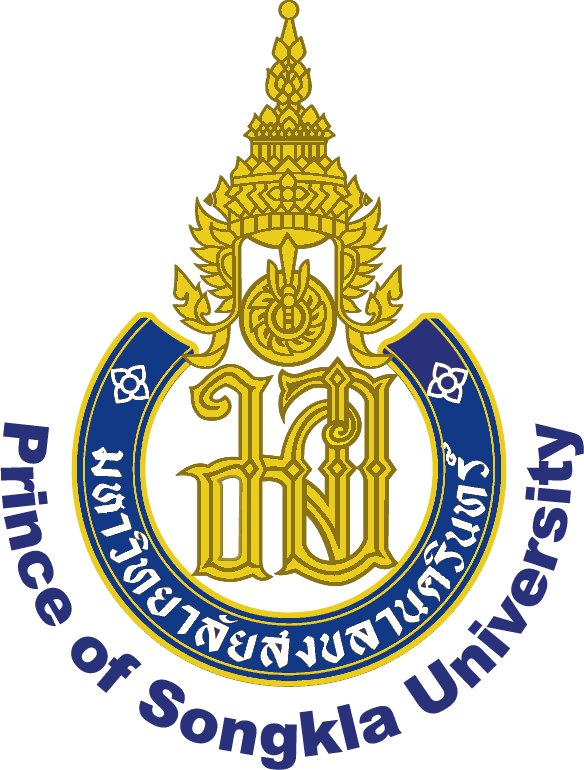WORK PRODUCTIVITY ASSESSED FROM AWARD, WORK EXPENSE, DISCIPLINE, AND EMPLOYEE SATISFACTION STUDY AT THE ENVIRONMENT AND FORESTRY OFFICE OF KLATEN REGENCY
Abstract
Keywords: Work Productivity, Rewards, Workload, Discipline, Employee Satisfaction.
Full Text:
PDFReferences
Abdurahmat. (2013). Pengertian Efektivitas. PT. Rineka Cipta.
Asnora, F. H. (2020). Pengaruh Budaya Organisasi, Beban Kerja Dan Disiplin Kerja Terhadap Produktivitas Kerja Karyawan Pada Cv. Akademi Mandiri Medan. Ecobisma (Jurnal Ekonomi, Bisnis Dan Manajemen), 7(2), 72–79. https://doi.org/10.36987/ecobi.v7i2.1551
Atmosoeprapto, K. (2010). Menuju SDM Berdaya – Dengan Kepemimpinan Efektif dan Manajemen Efisien. PT. Elex Media Komputindo.
Eka Nofriyanti. (2016). SKRIPSI Untuk Memperoleh Gelar Sarjana Pendidikan pada Universitas Negeri Semarang.
Lucky Meilasari, L. E., Parashakti, R. D., Justian, J., & Wahyuni, E. (2020). Pengaruh Kompensasi, Beban Kerja Dan Disiplin Kerja Terhadap Kepuasan Kerja Karyawan. Jurnal Ilmu Manajemen Terapan, 1(6), 605–619. https://doi.org/10.31933/jimt.v1i6.296
Moekijat. (2010). Manajemen Sumber Daya Manusia,. CV. Mandar Maju.
Rivai, V. (2010). Manajemen Sumber Daya Manusia Untuk Perusahaan (Edisi Kedu). Rajawali Pers.
Simamora. (2014). Membuat Karyawan Lebih Produktif Dalam Jangka panjang (Manajemen SDM). STIE YKPN.
Siswadi, Y. (2017). Pengaruh Pelatihan Dan Disiplin Terhadap Produktivitas Kerja Karyawan Padapt. Jasa Marga Cabang (Belmera) Medan. Jurnal Ilmiah Manajemen Dan Bisnis, 17(01), 124–137.
Refbacks
- There are currently no refbacks.



























